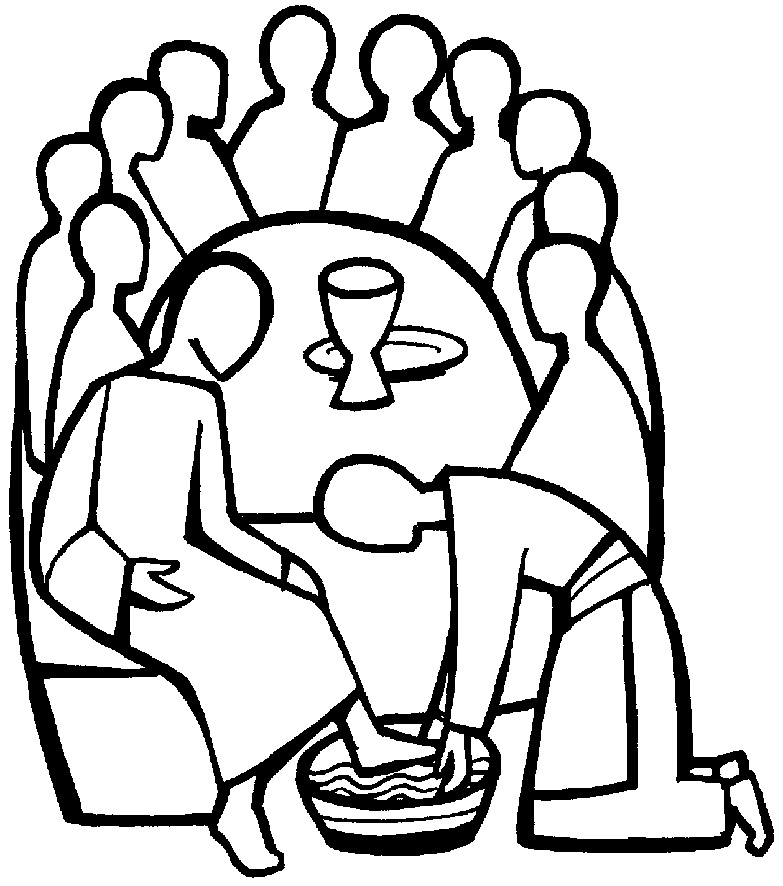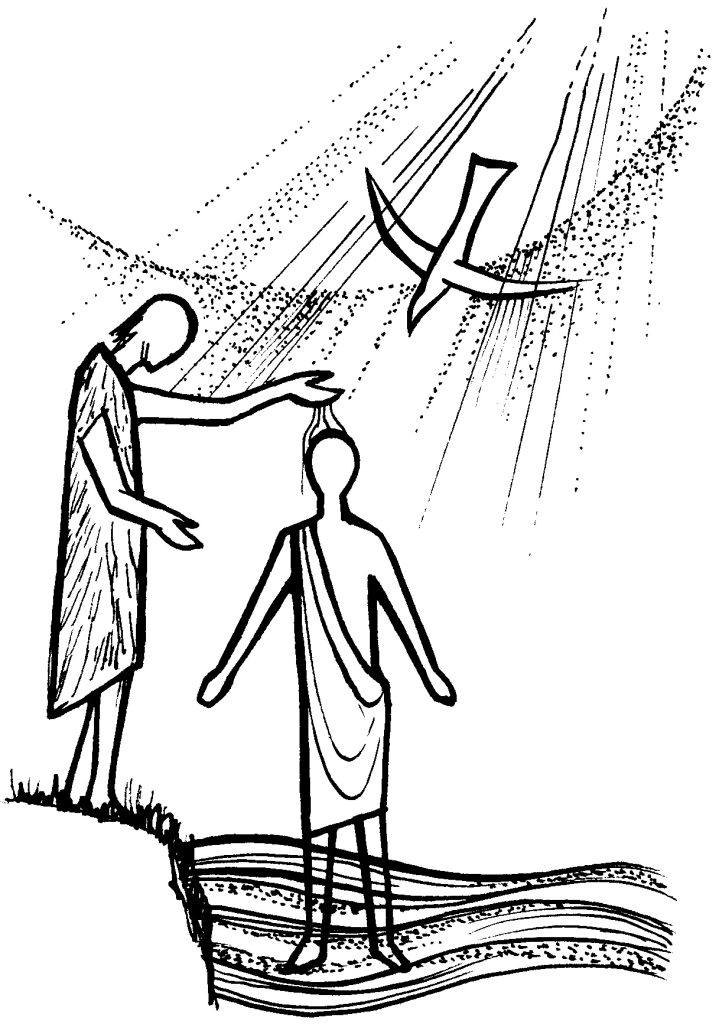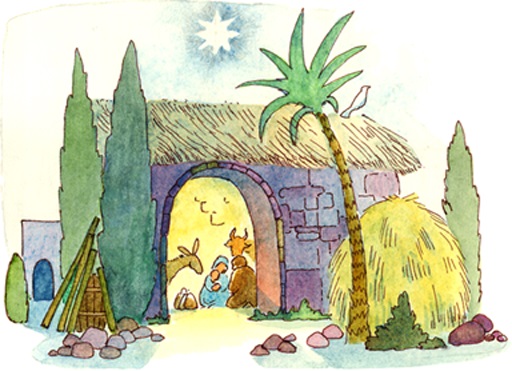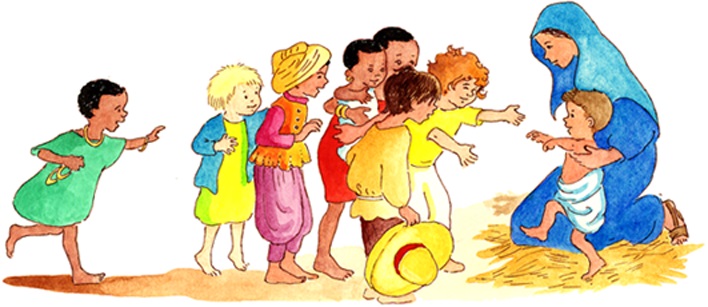Maundy Thursday

1 Cor 11:23-26, John 13 1-17, 31-35
In the name of God, Father, Son and Holy Spirit, Amen
In March 2005, when I was still an ordained deacon and waiting to be ordained priest in July 2005, the team parish I was in had the Bishop visiting us for our worship during Holy week. In the run up to this, several months earlier I without really thinking about it, agreed on Maundy Thursday I would give the homily. I was still in the early days of preaching. Part of why I agreed to do this was my absolute enthusiasm for Maundy Thursday, which I still have. Jesus’ last opportunity to get his message across to his disciples this side of the cross. Jesus sharing in the context of intimate love and service and the laying down of doing all this in remembrance of him.
It wasn’t until much later – I realised that that meant the pressure was rather on for me to say something sensible as the Bishop was listening – I hope you don’t mind if I share with you these thoughts – what I said that day. It still holds water and as I approach the 20th anniversary of ordination this summer. I am still in awe and wonder at how Jesus showed his love for us.
So here we go – FYI There is reference to having feet washed, which we did back in 2005 – we are not doing that today….
It is very easy in our gospel reading this evening to get distracted and be left with the impression it is all about feet! I, for one, am enormously grateful that our cultural approach to foot washing has changed since the time of Jesus. I am really pleased that before every meal after a long day, we do not go through the ritual of communing with our own and each other’s feet. Needs and cultures have changed. Not least because our approach to footware and hygiene are both very different.
Part of my problem with foot washing is that like many people, my feet are probably not one of my best features. Really rather smelly – to the extent that a couple of years ago my mother gave me something for my birthday, which I thought initially was talcum powder – In reality it was a deodorising powder called ‘trainer fresh’.
My feet are really not the first thing I want to share or show to others. It would be interesting to see how many of us here present with the prospect of bearing our feet looming large, have spent some time before we came here attending to our feet.
When I think about Jesus settling down to wash the disciples feet, it makes me wince. I can feel the tension rising, as Jesus grabs the towel, kneels down with the spirit of love and service flowing through his veins, to get on with the job at hand. I can almost see myself sitting next to Peter –a character I regularly identify with. I find his discipleship with his human frailty such a comfort in the ups and downs of my Christian life. I can almost hear myself siding with Peter in not wanting to have my feet washed. My answer where Peter said ‘Lord not my feet only, but also my hands and my head’ is likely to be a slightly different variant ‘Lord, please anything but not my feet….’
But all this concentration on feet is missing the point of this incident. In these actions, Jesus meets the deepest need of Peter at this point by washing his feet. Jesus meets the deepest need. To allow for this Peter needed to submit, surrender himself to the loving touch and cleansing that Jesus offers. Peter needed to let go of all his preconceptions and let Jesus minister to him in this menial and lowly task. Jesus’ love shown in his actions met real human need. Jesus’ love marked by humility and service
Sometimes I think we soldier on in our own strength, keep going, keep going we say to ourselves…. and we don’t take the time to let Jesus meet us in our deepest needs. We can wrap it up in religious words and called it striving but more often than not it is more likely to be that we are too preoccupied or too set in our ways or too distracted with our own ideas and plans to let Jesus meet our deepest needs (a bit like us coming tonight with pre-washed feet!)
I never cease to need to learn that lesson that’s its God’s plan and God’s perspective that matters and not mine. We can forget the need to stop and submit, to surrender ourselves to the loving touch and the cleansing that Jesus offers. That Jesus offers to meet us and embrace us in our deepest needs.
Tonight let’s surrender our lives afresh to God. Let’s give time as our worship unfolds to let the Holy Spirit move in our hearts and minds, and to meet our deepest needs. Let’s give time for God’s love to fill us and renew us at this eucharist, which celebrates the first eucharist. At the Chrism mass at the cathedral this morning as the bread and wine were placed on the table, they captured the sense of this in the words
Pour upon the poverty of our love and the weakness of our praise the transforming fire of your presence.
Tonight, see afresh Jesus girded with the towel, kneel before us and embrace us tenderly with the loving affection he showered on the disciples – in washing their feet. Let Jesus touch our deepest needs as they are. Then refreshed and renewed, Let us walk from this place taking up the towel to serve others, and care for them.
Jesus said Love one another, just as I have loved you.
In short – What Jesus shows us here is the love we need to show one another. Jesus’ love meets real human need. Jesus’ love marked by humility. Jesus’ love marked by service. These actions are designed to show how much Jesus loved his disciples and therefore how much God loves us, Jesus’ disciples today, and longs to meet with us in our deepest needs too whatever they are. Amen
The New Revised Standard Version of the Bible 1989 © 1995
Some words from the liturgy are copyright Church House Publishing 2000-2024.






